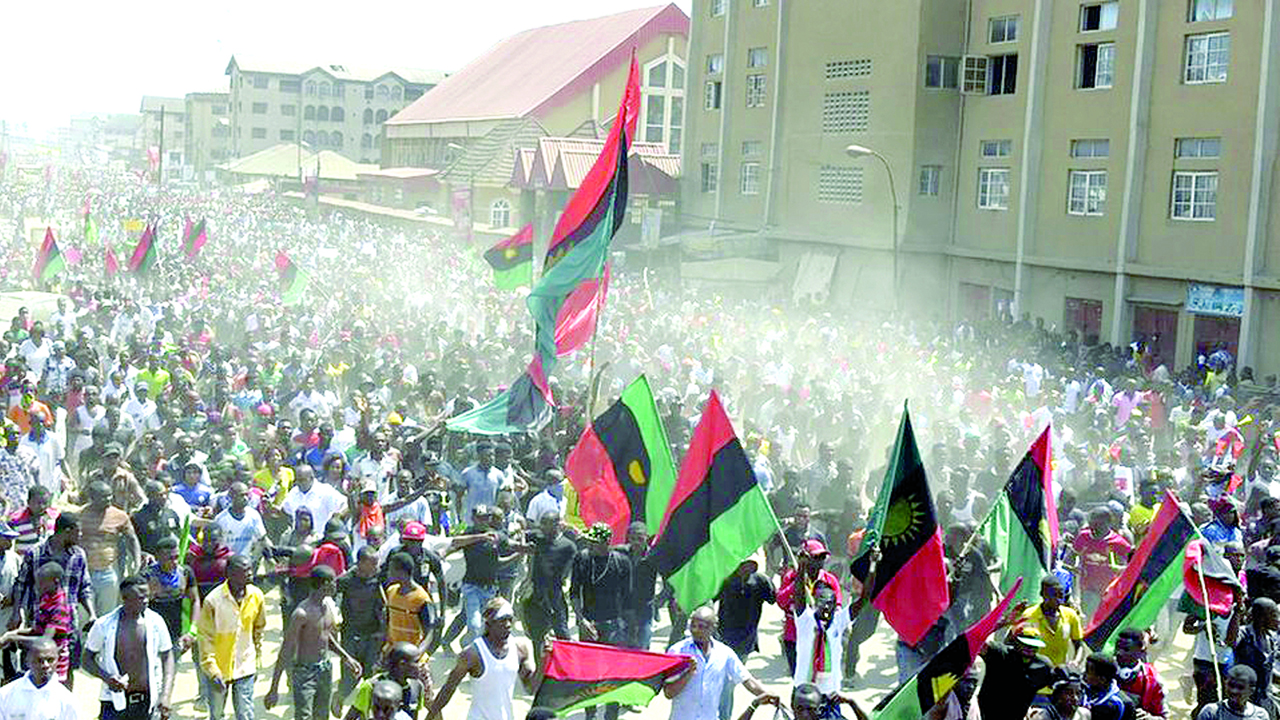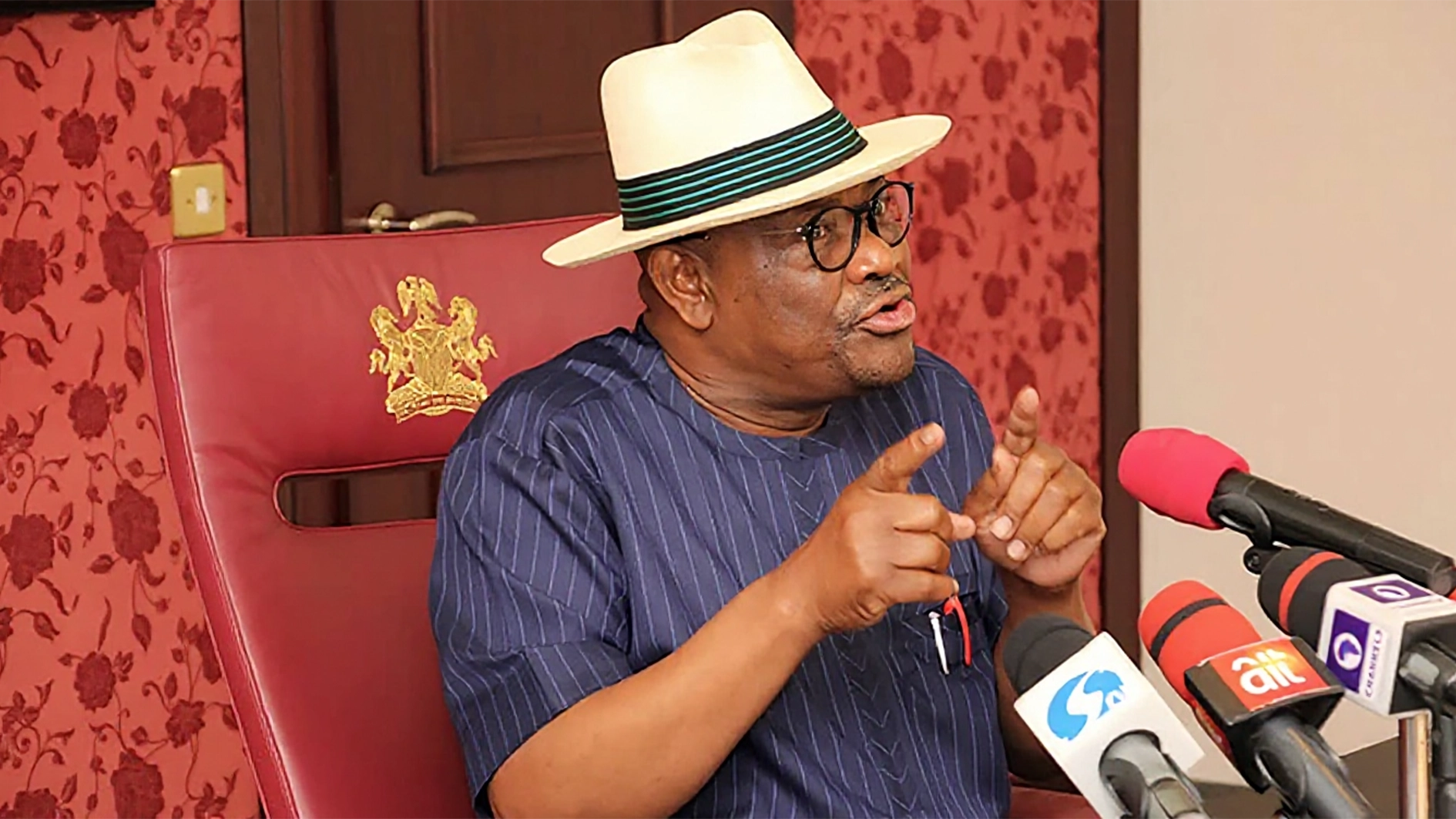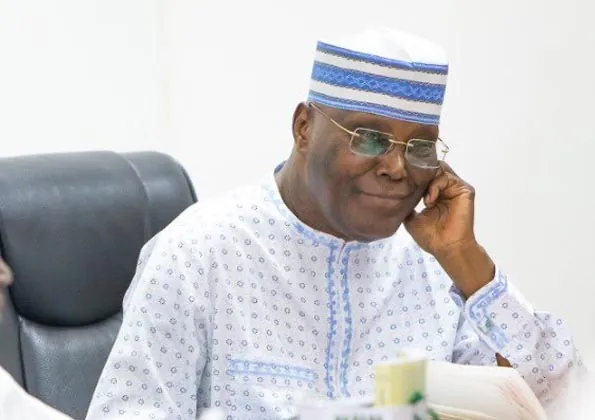
The idea is that if election stakeholders are conversant with the dominant issues in the electoral process, they would be able to address them by proffering effective remedies to mitigate effects on the elections.
Centre for Democracy and Development (CDD), which recently unveiled its Strength, Weakness, Opportunities and Threats (SWOT) analysis of the polls flagged separatists’ agitation in the South East as one of the issues which would shape the Presidential election.
The report makes allusion to the renewed agitations for a separate state of Biafra, which emerged during President Buhari’s time in office.
The SWOT analysis documents the rife fears about how the Indigenous People of Biafra (IPOB), which has been the most vocal and active group, has been threatening to disrupt the elections unless the government calls a referendum on an independent Biafran state.
According to the report, efforts to prevent the conduct of the Anambra gubernatorial election in November 2021 did not succeed but a low voter turnout was recorded, especially in LGAs considered to be IPOB strongholds and election aspirants could neither campaign freely nor could INEC properly deploy for the election.
Providing further context, the SWOT analysis alludes to how IPOB has established an armed security wing, the Eastern Security Network (ESN), which has been at the forefront of armed conflict with Nigerian security forces.
The report notes that: “The ESN has been accused by the government of committing gross human rights violations against citizens and being behind attacks on government infrastructure.
More recently, the region has been taken over by sundry criminal gangs, popularly known as Unknown Gunmen, some of them politically sponsored, who have attempted to enforce a Monday stay-at-home order by attacking persons who fail to comply and their property.
“The multiplicity of non-state armed groups is further worsening insecurity as factions compete with one another for control over violence. IPOB has three core factions – the Simon Ekpa-led Autopilot, the Chika Edoziem group known as the Directorate of State of the Indigenous People of Biafra (DOS) and Mefor who co-founded the Biafra Defacto Customary Government with former Niger Delta Militant, Asari Dokubo. All three continue to take a hard-line that promotes violence and are increasingly isolated from the mainstream IPOB.”
Extrapolating on the effect of these agitators on the electoral process, the SWOT analysis points out that the activities of the splinter groups have affected the registration of voters in many LGAs across the southeast and are likely to also affect the election proper.
“INEC’s voter registration centres were attacked in Imo and Enugu states in July 2022, while officials were killed in Imo for attempting to support voter registration efforts. INEC infrastructure has also been targeted and destroyed. Biafran separatists have proven to be particularly adept at using radio, local tabloids and social media to spread hate speech and misinformation to advance their hard-line separatist agenda, which they are likely to continue during the election. This would be conducive to low voter turnout.”
Apart from the separatist agitations in the South East, the SWOT report equally provides perspectives on how conflicts between farmers and herders would shape the general elections.
It states that although a feature of all six geo-political zones, with at least 22 out of Nigeria’s 36 states and the FCT affected, the most serious and recurrent incidents have been reported in the states of Benue, Taraba, Plateau, Adamawa, Kaduna, Ondo and Oyo. The SWOT further observes that the conflicts are sometimes presented as clashes between Christians and Muslims, or between farmers and nomadic Fulani.
“Such portrayals have further strained social cohesion in Nigeria. In response, several state governments have enacted anti-open grazing laws to curtail transhumance among pastoralists, which is widely assumed to trigger the conflict. The law, which prohibits herding livestock on foot, is said to have been instrumental in reducing the number of conflicts at least among the northcentral states of Benue and Taraba.
However, despite its potential for de-escalating the farmer-herder clashes, laws such as this have become entangled in political discourse that prioritises and promotes ethnic and religious differences. On one side, the pastoralists see it as something targeting the extinction of nomadism, thereby threatening their livelihood, while on the other side, farmers believe that the pastoralists are receiving preferential treatment from political authorities.”
These conflicts, the report maintains, will have implications for the elections, especially if politicians utilise them to stoke tensions in order to garner votes, a tendency which has already been observed in Benue and Plateau states where politicians have peddled divisive rhetoric and demonised members of particular groups to boost electoral support. “Governor Samuel Ortom of Benue, for example, accused President Buhari of having a “Fulanisation” agenda, arguing that Fulani herders in his state are agents of a government-backed campaign of ethnic and religious cleansing.
“Politicians like Ortom regularly use anti-Fulani rhetoric in championing anti-open grazing laws and to offer tacit support to self-help vigilante groups that have emerged in response. Similarly, although not holding elective office, self-avowed Fulani leaders, notably President of Miyetti Allah Kautal Hore, Bello Abdullahi Bodejo, have also stoked ethnic division, by making inflammatory statements. Research has found that in socially polarised settings, local politicians champion ‘ethnic agendas’ to boost their popularity among certain constituents.”
In documenting the effect of these conflicts, and how they will shape the general elections, the CDD SWOT also provides insights into the role of armed responders. It points out that the slow and problematic response of security agencies to attacks on communities has led to the creation of self-help vigilante groups and ethnic militias across the country. “The Vigilante Group of Nigeria (VGN) has a presence in all 36 states of the federation, plus FCT.
In the northwest, they are supported by Yan Sakai – a term used to describe various local civilian vigilantes and taskforce operatives. Some of these groups receive financial support or tokens and equipment from elected government officials. These groups are highly influential at the local level and could be politicised to sway voters or suppress votes. In Zamfara, state governor Bello Matawalle Maradun directed all citizens in the state to obtain arms for self-defence in June 2022.
“Governor Matawalle is not the only political actor to support the creation of localised security outfits and efforts to stem the tide of insecurity.
In the southeast, the governors created Ebube Agu, a security outfit to counter the ESN but it has been accused of committing gross human rights violations. Whilst in the southwest Amotekun was created by the South West Governors Forum to address insecurity.
“They too have been accused of adopting a heavy-handed approach when operating in the states. There is also the Civilian Joint Task Force in the northeast, which has been a key actor in the efforts to reduce the threat posed by Boko Haram, although it too has faced criticism.
The supervision and legality of their actions constitute a challenge across Nigeria. Although formed as a response mechanism aimed at reducing insecurity, some groups are being used, and armed, by state actors in ways that could have problematic implications for the 2023 elections.”






